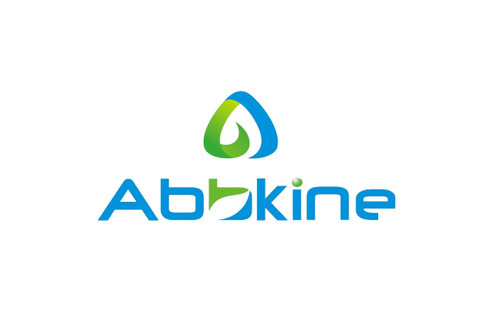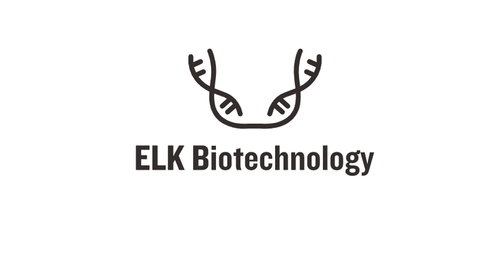Product Description
Human Beta-1 adrenergic receptor (ADRB1) ELISA Kit | AE24098HU | Abebio
Species Reactivity: Human (Homo sapiens)
Abbreviation: ADRB1
Alternative Name: ADRB1R; B1AR; BETA1AR; RHR; beta-1-adrenergic receptor
Application: ELISA
Range: 0.312-20 ng/mL
Sensitivity: 0.122 ng/mL
Intra-Assay: ≤7.1%
Inter-Assay: ≤9.2%
Recovery: 1, 08
Sample Type: Serum, Plasma, Other biological fluids
Detection Method: Sandwich
Analysis Method : Quantitive
Test Principale: This assay employs a two-site sandwich ELISA to quantitate ADRB1 in samples. An antibody specific for ADRB1 has been pre-coated onto a microplate. Standards and samples are pipetted into the wells and anyADRB1 present is bound by the immobilized antibody. After removing any unbound substances, a biotin-conjugated antibody specific for ADRB1 is added to the wells. After washing, Streptavidin conjugated Horseradish Peroxidase (HRP) is added to the wells. Following a wash to remove any unbound avidin-enzyme reagent, a substrate solution is added to the wells and color develops in proportion to the amount of ADRB1 bound in the initial step. The color development is stopped and the intensity of the color is measured.
Product Overview: The beta-1 adrenergic receptoris a beta-adrenergic receptor, The adrenergic receptors (or adrenoceptors) are a class of G protein-coupled receptors that are targets of the catecholamines, especially noradrenaline (norepinephrine) and adrenaline (epinephrine) . Although dopamine is a catecholamine, its receptors are in a different category. Many cells possess these receptors, and the binding of an agonist will generally cause a sympathetic response (i.e. the fight-or-flight response) . For instance, the heart rate will increase and the pupils will dilate, energy will be mobilized, and blood flow diverted from other non-essential organs to skeletal muscle.Beta-adrenergic receptors mediate the catecholamine- induced activation of adenylate cyclase through the action of G proteins.
Stability: The stability of ELISA kit is determined by the loss rate of activity. The loss rate of this kit is less than 5% within the expiration date under appropriate storage condition. The loss rate was determined by accelerated thermal degradation test. Keep the kit at 37°C for 4 and 7 days, and compare O.D.values of the kit kept at 37°C with that of at recommended temperature. (referring from China Biological Products Standard, which was calculated by the Arrhenius equation. For ELISA kit, 4 days storage at 37°C can be considered as 6 months at 2 - 8°C, which means 7 days at 37°C equaling 12 months at 2 - 8°C) .
 Euro
Euro
 USD
USD
 British Pound
British Pound
 NULL
NULL












